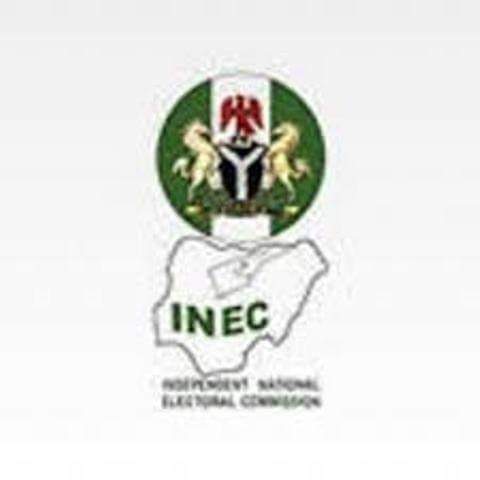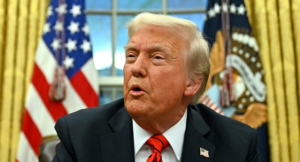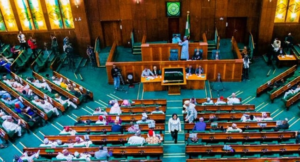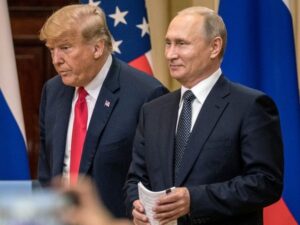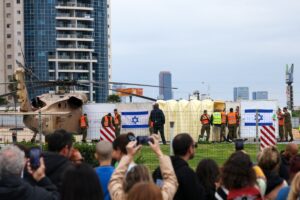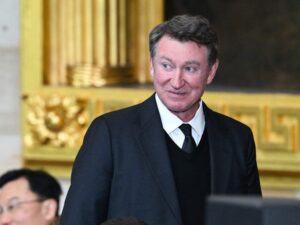The Resident Electoral Commissioner in the state, Alhaji Ahmad Mahmud, gave the advice during an interactive session with stakeholders in Birnin Kebbi on Monday.
Mahmud said: “Fake news is now a trend and can mar our efforts to ensure free, fair and credible elections.
Mahmud said: “Fake news is now a trend and can mar our efforts to ensure free, fair and credible elections.
“We urge you to be wary of social media posted results before official declaration.
“Only INEC Returning Officers at wards, local governments and state levels have the statutory authority and power to declare the results.”
He said that 1,938,171 Permanent Voter Cards were received from INEC headquarters out of which 1,860,239 were distributed, leaving 77,932 PVCs unclaimed.
He said: “We have all the sensitive materials at CBN custody, so we have no fear for the materials now.
“I collected the remaining sensitive materials that we had been awaiting for and by Wed, February 20, we are going to start distributing them to remote areas and by Friday 22.
“We hope to finish the distribution in all the 21 local government areas of the state.”
According to him, the state has 225 wards, 1,345 voting points and 2,398 polling units in the 21 local government areas.
He said: “We still maintain our arrangement as we had earlier told before the postponement that, we are going to use 520 vehicles in the transportation of ad hoc staff and election materials.
“This is part of our arrangement with the National Union of Road Transport Workers, Federal Road Service Corps as well as security agencies on transportation.”
He assured that INEC was determined to ensure free, transparent and fair elections but urged the people to continue to pray for successful conduct of the exercise.
The REC said that special arrangements had also been made to take care of physically challenged persons to enable them exercise their franchise without hitches.
The News Agency of Nigeria reports that the stakeholders at the interactive session were security agencies, representatives of political parties, traditional and religious leaders as well as various NGOs and CSOs.


